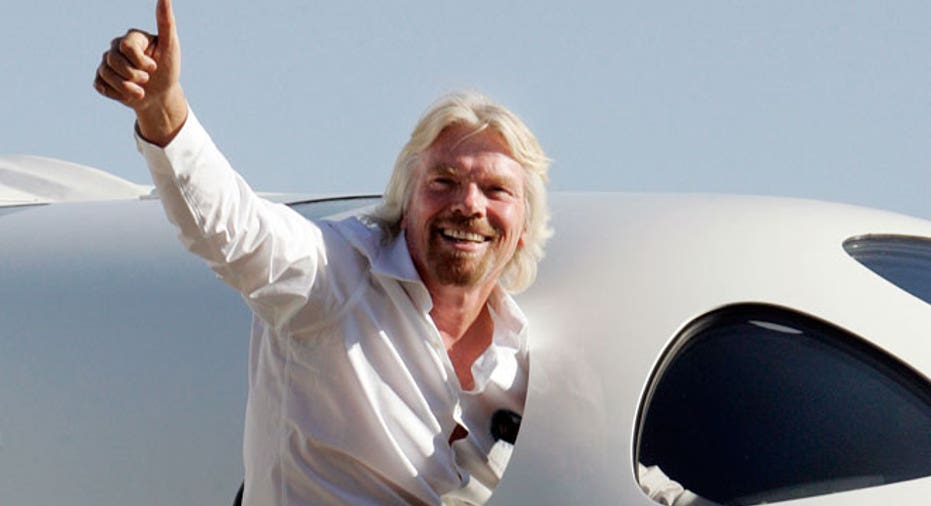Study: 58% of Americans Feel the Rich Deserve to be Rich

A lot has happened since 2008, especially in the national dialogue about economic inequality.
There was the hot-button issue of whether CEOs, particularly those at bailed-out firms, should be allowed to take home monster pay packages. There were the rampant, rallying cries of Occupy Wall Street protesters against “the 1%”. There was – and still is – the fiery debate in Washington over whether or not to extend the Bush-era tax cuts.
And yet not much has changed in the sense that the majority of Americans still believe the rich deserve to be rich, according to a recent survey by market-research company GlobeScan.
About 58% of Americans surveyed in GlobeScan’s 2012 study of income inequality said they “agree” or “strongly agree” that rich people in the U.S. deserve their wealth. That’s essentially flat to 57% in 2008, and puts the U.S. third in a ranking of countries with the highest percentage of citizens who feel that way. (Only Australia and Canada ranked higher.)
On the flip side, the survey found that 36% believe the rich do not deserve their wealth; that’s up slightly from 34% in 2008.
It’s important to note that GlobeScan did not qualify what it means to be “rich.” Rather, the firm asked respondents to simply respond to the statement: “Most rich people in [COUNTRY] deserve their wealth.” The goal was merely to gauge sentiment, says GlobeScan.
“I would say this question should be interpreted as measuring attitudes towards wealth (in)equality more generally, rather than being taken too literally,” Tove Malmqvist, research manager at GlobeScan, wrote in an email.
Still, the results point to a surprising stability in Americans’ attitude toward the rich despite a debate over economic fairness that seems to have hit fever pitch in recent years.
Fueling some of the debate is evidence that the income gap has grown rapidly over the last three decades. The nonpartisan Congressional Budget Office (CBO) said in October of last year that from 1979 to 2007, the top 1% of earners saw their incomes jump 275%. In comparison, the next 19% of earners saw their incomes rise 65%, the middle 60% saw their incomes rise by less than 40% and the bottom fifth saw their incomes rise by 18%.
From the perspective of groups like Occupy Wall Street, which was born last year out of the idea that the U.S. financial system supports the richest 1%, the findings of the GlobeScan survey aren’t so shocking.
“I think it plays into this idea of the American dream,” says Dana Balicki, an organizer with Occupy who works on the movement's public relations efforts. “Certain generations – older generations – grew up on the idea that if you work hard enough, you can pull yourself up by your bootstraps and you can make as much money as you want. That’s not a reality anymore.”
The Occupy movement may not be as visible as it was last fall, but it is still railing against a system that it alleges has left 99% of Americans struggling, Balicki says. Just this past Tuesday, protesters in New York gathered in New York’s Union Square for a “Day of Action for Low Wage Workers.” Several thousand were expected to participate. A request for a final turnout figure was not returned.
Balicki says members of the Occupy movement don't want economic equality in a broken system; they want a system that functions to support all of its citizens, including those who are struggling with student debt or underwater on their mortgages.
“I wonder if the survey had asked ‘Do you, your children, and your grandchildren deserve to be in debt your entire lives' what the results would have been. Because in our current system, as broken as it is, when someone ‘deserves to be rich’ then someone else deserves to be poor.”



















